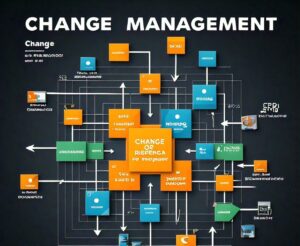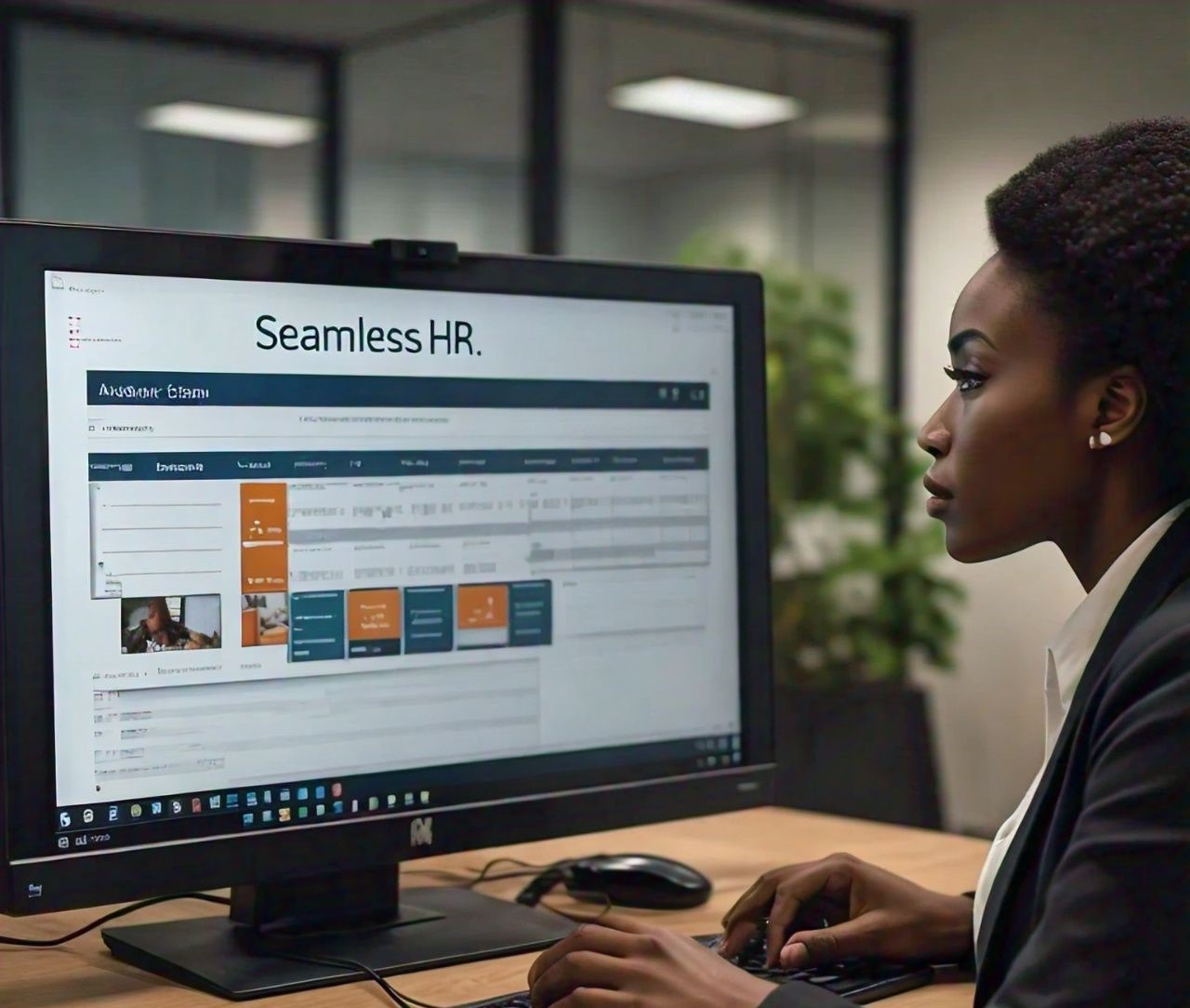Change is an inevitable part of any organization’s growth and evolution. Whether it’s adopting new technologies, restructuring teams, or shifting strategic directions, managing change effectively is crucial for maintaining productivity and employee morale.
In this article, we will explore best practices for leading your team through transitions, ensuring a smooth and successful change management process. Leveraging these strategies can help minimize disruption, address challenges, and achieve desired outcomes.
Understanding Change Management
Change management refers to the systematic approach to dealing with changes in an organization. It involves preparing, supporting, and helping individuals and teams transition from their current state to a desired future state. Effective change management is vital for ensuring that changes are implemented smoothly, with minimal resistance and maximum acceptance. Without a structured approach, change initiatives can lead to confusion, decreased productivity, and employee dissatisfaction.

Common Challenges
Organizations often face several challenges during change initiatives, including:
- Resistance to Change: Employees may resist changes due to fear of the unknown or perceived threats to their job security.
- Communication Issues: Poor communication can lead to misunderstandings, misinformation, and decreased trust in leadership.
- Lack of Alignment: Without clear alignment between change initiatives and organizational goals, efforts may lack focus and effectiveness.
5 Best Practices For Leading Teams Through Transitions
1. Develop A Clear Change Strategy
A well-defined change strategy is the cornerstone of successful change management. It provides a roadmap for the transition and ensures that all stakeholders understand the goals, timelines, and resources involved. Key components of a change strategy include:
- Goals: Clearly articulate what the change aims to achieve.
- Timelines: Establish realistic timelines for each phase of the change process.
- Resources: Identify the resources required, including personnel, technology, and budget.
Tips For Creating A Comprehensive Change Management Plan:
- Involve key stakeholders in the planning process to gain their insights and buy-in.
- Define success metrics to measure the effectiveness of the change.
- Prepare for potential risks and develop contingency plans.
2. Communicate Transparently And Effectively
Effective communication is critical for managing change. It helps ensure that employees are informed, engaged, and prepared for the transition. Key strategies for communication include:
- Clarity: Provide clear and concise information about the change, its purpose, and its impact.
- Consistency: Ensure that messages are consistent across all channels to avoid confusion.
- Engagement: Encourage two-way communication by soliciting feedback and addressing concerns.
Addressing Concerns:
- Hold regular meetings and updates to keep employees informed.
- Provide opportunities for employees to ask questions and express their concerns.
- Offer transparent explanations for decisions and changes.

3. Engage And Involve Employees
Employee engagement is essential for a successful change process. Involving employees in the change process helps build support and reduces resistance. Strategies for engagement include:
- Feedback Mechanisms: Implement channels for employees to provide input and feedback.
- Involvement in Decision-Making: Include employees in planning and decision-making processes to foster a sense of ownership.
- Recognition: Acknowledge and reward employees who contribute positively to the change effort.
Building A Supportive Culture:
- Foster a culture of collaboration and openness.
- Offer training and resources to help employees adapt to new changes.
- Create a supportive environment where employees feel valued and understood.
4. Provide Training And Support
Training and support are crucial for helping employees adapt to new processes, technologies, or roles. Effective strategies include:
- Training Programs: Develop and deliver training programs tailored to the needs of different employee groups.
- Resources: Provide resources such as manuals, online courses, and helpdesks to assist employees during the transition.
- Ongoing Support: Offer continuous support through mentorship, coaching, and follow-up sessions.
Providing Ongoing Support:
- Regularly assess the effectiveness of training programs and make adjustments as needed.
- Create support networks or forums where employees can share experiences and seek advice.
- Ensure that managers are trained to support their teams through the change process.
5. Monitor Progress And Adapt As Needed
Monitoring progress and adapting the change management strategy is essential for addressing issues and ensuring the change is successful. Key practices include:
- Tracking Progress: Use key performance indicators (KPIs) and other metrics to track the progress of the change initiative.
- Gathering Feedback: Collect feedback from employees and stakeholders to identify areas for improvement.
- Making Adjustments: Be prepared to make adjustments to the change management strategy based on feedback and changing circumstances.
Making Adjustments:
- Regularly review progress against goals and timelines.
- Address any emerging issues or concerns promptly.
- Be flexible and open to modifying the strategy as needed to better align with organizational goals.
Conclusion
Effective change management is essential for leading teams through transitions and achieving organizational success. By implementing best practices such as developing a clear strategy, communicating effectively, engaging employees, providing training, and monitoring progress, organizations can navigate change smoothly and enhance overall performance.
For expert advice and support on managing change, contact Senrab ConsulTech today. Our consulting services can help you implement best practices and achieve successful outcomes in your change management initiatives.


